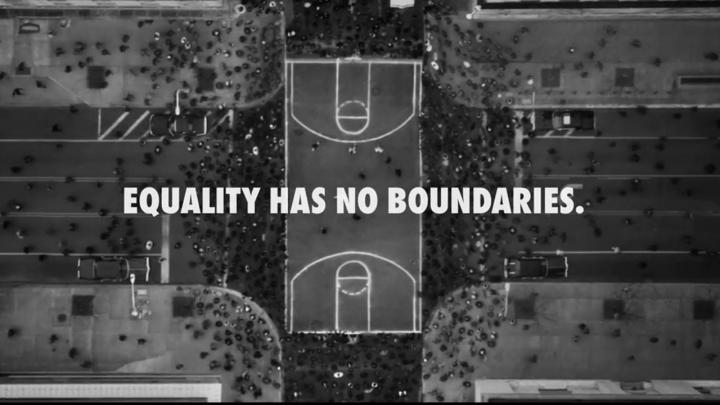

In the midst of sweeping uncertainty, both in newsfeeds and everyday life, individuals find themselves influenced by anticipated policy shifts in areas like health, education, and immigration. Remarkably, brand choices are now shaped by the demonstrated alliances of companies on these critical topics. This phenomenon has given rise to a new breed of Brave Brands—those courageous enough to take a stand on societal issues. Navigating the current climate can indeed feel like a game of minesweeper for brands, emphasizing the need for strategic and bold approaches in aligning with consumer values. Explore how Brave Brands are not just surviving but thriving in this dynamic landscape, making meaningful connections in an era where choices are increasingly driven by values and principles.
There’s no written handbook for how to maneuver consumer-led brand boycotts, or critical tweets hailing from the nation’s highest office that put companies in the hot seat. Yet now, more than ever, we bear witness to brands rising up quickly and responding to remind us of the integrity of their brand promises.
It has always stood true that richer and deeper connections are forged when brands can effectively address the needs and context of their audiences. But how can companies respond to a sea change of user needs and contexts when uncertainty has become the new normal?
Here we take a moment to look at what other brave brands are doing to anchor brand actions within their brand personas to gain relevance to what their users care about most.
Companies that voice their convictions with confidence typically draw followers that can identify themselves within those core beliefs and, in turn, are willing to fly the brand’s flag high. Rather than putting out ads or campaigns that focus on the individual product level, we saw companies conveying foundational values at the brand level during the Super Bowl. In doing so, these companies brought to life several different brand archetypes.
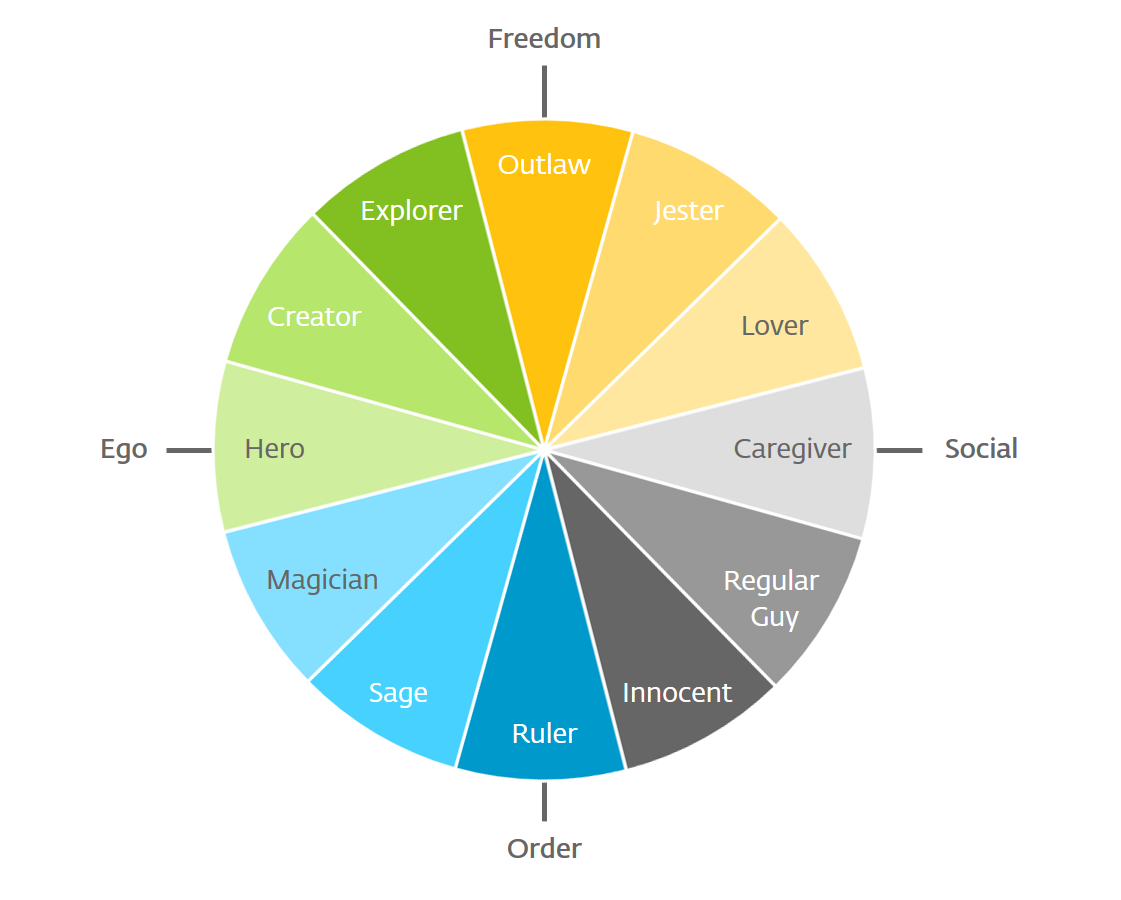
Archetypes are universal templates of meaning that enable us to work at the deepest level of the human psyche.
We saw both Budweiser and newcomer 84 Lumber recount a Hero’s journey of immigration to the US, with the protagonists of both stories demonstrating resilience and experiencing triumph. With varying degrees of success, Audi’s #DriveProgress Super Bowl ad invoked the Outlaw archetype through a father-daughter narrative challenging the status quo of gender inequality in the workplace – which brought to light the German automaker’s inconsistent track record with the social issue. And on a more light-hearted note, Honda stayed true to its brand values of quality and dependability through appealing to the Everyman archetype in their 60-second Yearbook ad.
Across the pond, we see Brexit giving impetus for brands to claim their identities in a similar form. While some brands have attempted to dial down their ‘Britishness’ according to a new report by WPP marketing agency The Partners, leaders in the British fashion industry have acted as vehicles for making voices heard including Burberry and Vivienne Westwood who took an opposing stance to the referendum early on. In defiance of turbulent times, we see British fashion brands redefining what it means to be British by channeling the Outlaw archetype to invoke different eras of Britain’s history marked by civic unrest or the rise of punk.
What a company stands for can be communicated through a brand’s identity and personality. Just as we might not expect Doritos to tell a story about the life of a farmer and sustainably sourced ingredients, identifying the right brand archetype coupled with appropriate messaging can cultivate stronger resonance among an audience. Each archetype comes with its own set of character traits, meanings, and values. In a time of rising political tensions that challenge the personal values of many, the opportunity sits with brands to prove their mettle and effectively mirror the ideals and aspirations of their end users through an authentically-aligned brand archetype. The chairman of the 84 Lumber ad agency Michael Brunner shares, “If everyone else is playing it safe, those that take a risk have an opportunity to stand out even more. We believe if a client is sharing a genuine message they’re passionate about, the risk is usually worth the reward.”
To recap from a previous article, we talked about Social Brand Equity being measured against these four pillars: Differentiation, Relevance, Esteem and Influence. Most companies have been successful in hitting upon one or two of these pillars in their public responses addressing the issues such as the contested travel ban. What separates the best from the rest, though, are the organizations that have taken decisive action aligned with their brand archetype to back-up their messaging.
Starbucks, whose archetype is the “Explorer” and mission it is to, “to inspire and nurture the human spirit – one person, one cup and one neighborhood at a time”, has had a long history of recruiting veterans as well as young people around the world who are neither in school nor employed. They continue to blaze forward in uncertain times by pledging to hire 10,000 refugees at its stores around the world and in the United States over five years’ time. What makes Starbuck’s pledge stand out is an unswerving commitment to stay true to the Explorer archetype, which is embodied by going where other brands do not dare and embracing the journey rather than the destination. This does not go unnoticed by consumers who continue to support Starbucks for proving itself time and time again to be a coffee company with courage.
To pair with the powerful #weaccept brand promise aired during the Super Bowl, Airbnb walked their talk by vowing to provide short-term housing for 100,000 refugees, disaster survivors, and other displaced people over the next five years.
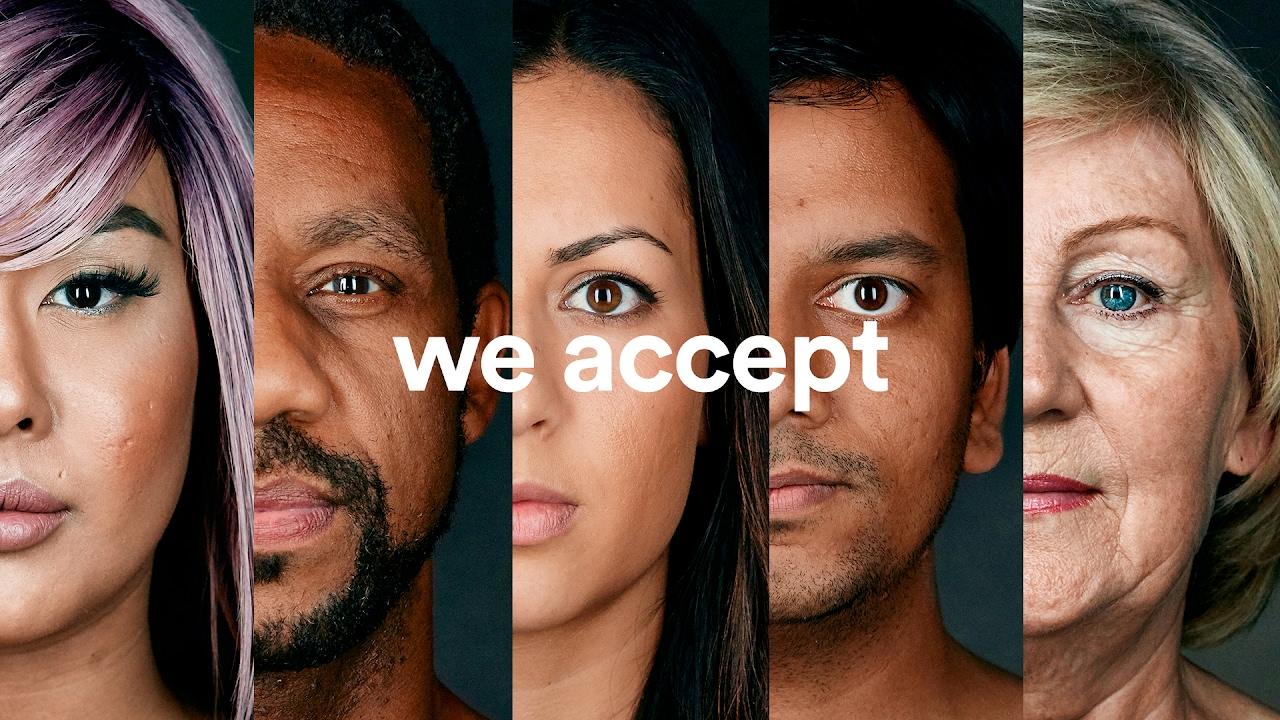
We also heard from Nike in a new 90-second spot with a resounding & powerful message of equality featuring athletes like LeBron James, Serena Williams, and Megan Rapinoe. At the heart of the message, Nike imagines a world “where the dream of fairness and mutual respect” lives both on and off the field. Accompanying the campaign, Nike plans to donate $5 million in 2017 to “numerous organizations that advance equality in communities across the US, including Mentor and PeacePlayers”. Nike’s campaign exemplifies the brand’s Hero archetype by championing the equality movement through bringing together and supporting athletes and organizations that are celebrated for fighting against the odds.
Not only have Starbucks, Airbnb, and Nike achieved Differentiation and Relevance by taking a clear stance on a controversial issues that affects people by the thousands, but their vows of action seal a place of Esteem and Influence among their audiences. In their fourth annual Business & Politics report, the Global Strategy Group found that 70% of Americans believe corporations should stand up for what they believe politically, regardless of how controversial their stance may be. Out of those, 62% of millennials believe that companies should respond by taking an action or stance within 72 hours following a current event.
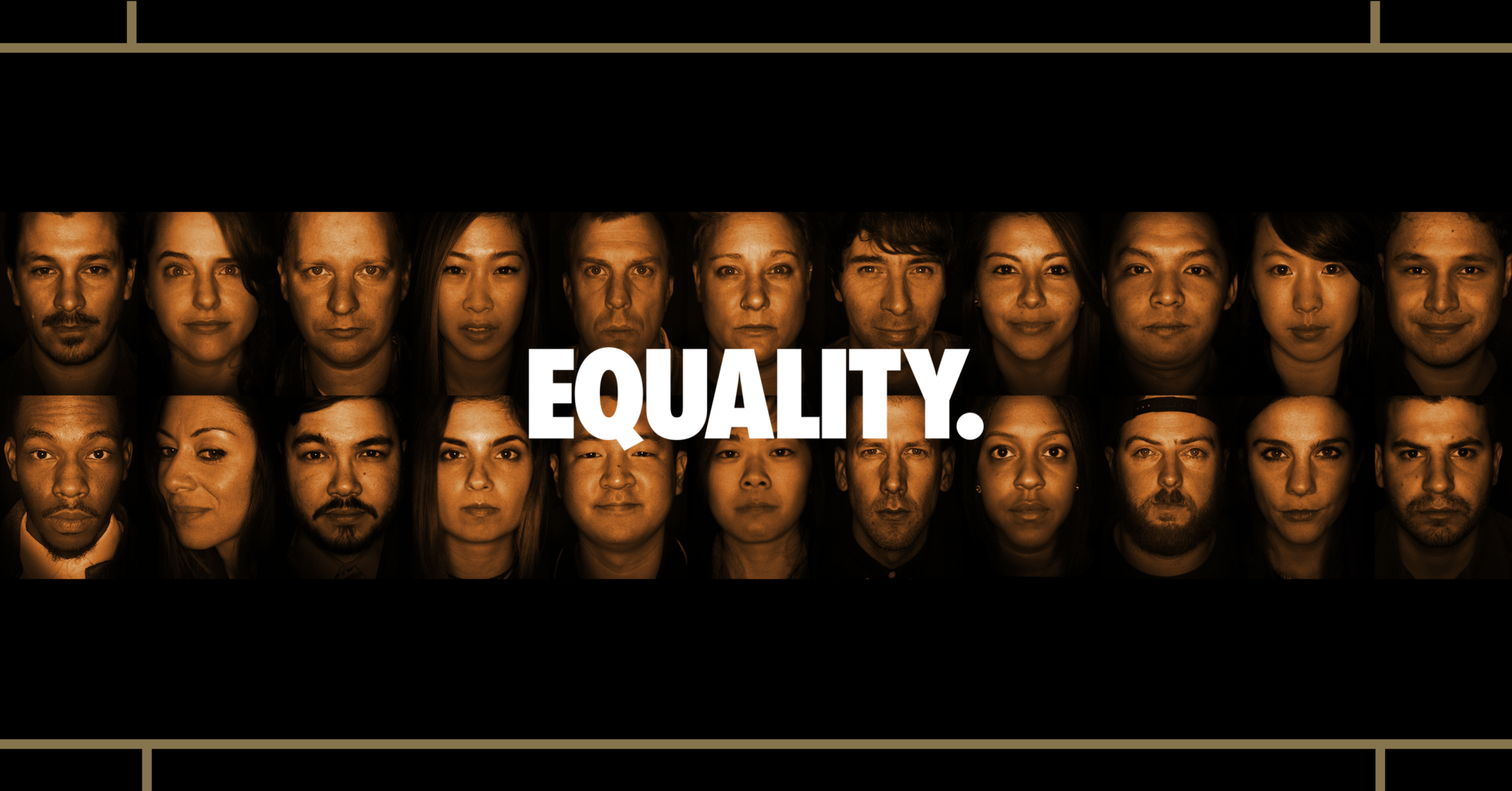
Revisiting Audi’s #DriveProgress ad, we experience a departure from the familiar Sage archetype that we associate the automaker brand with when it adopts the Outlaw archetype in its most recent 60 second spot. Not only did the ad reveal Audi’s inconsistent track record with women’s equality, it also revealed a less organic fit between archetype and brand action. In Airbnb’s case, they exercise Influence by responding swiftly and providing a clear role for their community of hosts through a simple call to action: “we hope you consider joining us by sharing your home with someone who is displaced”. In doing so, Airbnb appeals to its own Explorer archetype and also the Explorer within each of its users by emboldening its community of hosts to venture into unchartered territory and open up their homes to displaced neighbors.
In taking a coordinated approach between archetype and action to build brand equity in the face of contentious climates, we see companies delivering powerful and emotionally resonant messages for lasting relevance in the way of creating movements rather than short-lived campaigns.
Independent retailers may have more latitude to take political risks than big brands, but brands of all sizes are now being forced by their consumers to take a political stance. Brand activism, however, is not without its own set of risks. While there are more predictable repercussions, such as alienating a portion of a brand’s consumers and risking profitability, there are also unpredictable forces at play – like unwanted endorsements or whiplash from the current administration. Despite inherent risks related to profitability, we see brave brands that are able to buck the trend and bounce back. Take, for example, the President’s critical tweet earlier this month directed at Nordstrom in response to their recent move to drop Ivanka Trump’s brand from all stores. Though it was uncertain how the retailer’s stock would be impacted, Nordstrom’s Twitter stock price surged upwards by 4% by the end of the same day. Not only had Nordstrom reversed the jinx effect of Trump’s reproachful tweets that other brands had been burned by, the retailer also managed to gain a few supporters in the process.
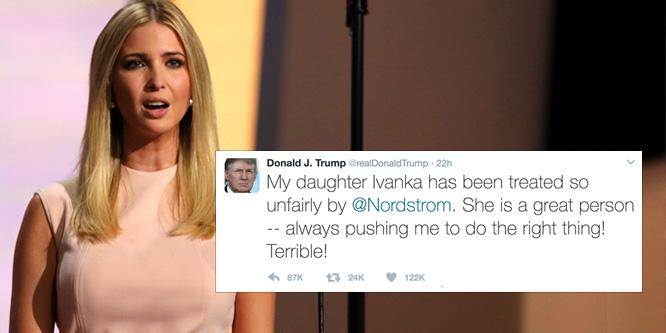
Polarizing moments in history offer brands a unique opportunity to be a unifying force. If we harken back to the uncertainty that marked the fall of the Berlin Wall, then Coca-Cola can be our model for bringing together communities in a well-organized and rapid response. On the day that thirty years of division came to an end, the managing director of the Coca-Cola bottler in Lichterfelde arrived on the scene with three truckloads of Coke within hours of the wall coming down to welcome people from East of the Wall. And within the first week of the Fall of the Wall, Coca-Cola saw its Everyman archetype manifested by two million people who had a Coke in hand to make a toast to freedom. On this day in history, Coca-Cola saw its role as a messenger of hope to the ‘every person’.
Whether we’re talking subtle or not-so-subtle brand messages, skeptics can quickly sniff out the authentic from the less authentic when they perceive brands opportunistically aligning with an issue for their own gain. As comedian Louis CK put it, “I have a lot of beliefs and I live by none of ’em. That’s just the way I am. They’re just my beliefs. I just like believing them. I like that part.” For the organizations that go beyond simply believing their beliefs, a brand promise delivered with authenticity to its brand archetype and aligned with an on-brand action could be a company’s greatest differentiator and emotional amplifier in times of uncertainty.
A Labbrand Group Company © 2005-2025 Labbrand All rights reserved
沪ICP备17001253号-3To improve your experience, we use cookies to provide social media features, offer you content that targets your particular interests, and analyse the performance of our advertising campaigns. By clicking on “Accept” you consent to all cookies. You also have the option to click “Reject” to limit the use of certain types of cookies. Please be aware that rejecting cookies may affect your website browsing experience and limit the use of some personalised features.